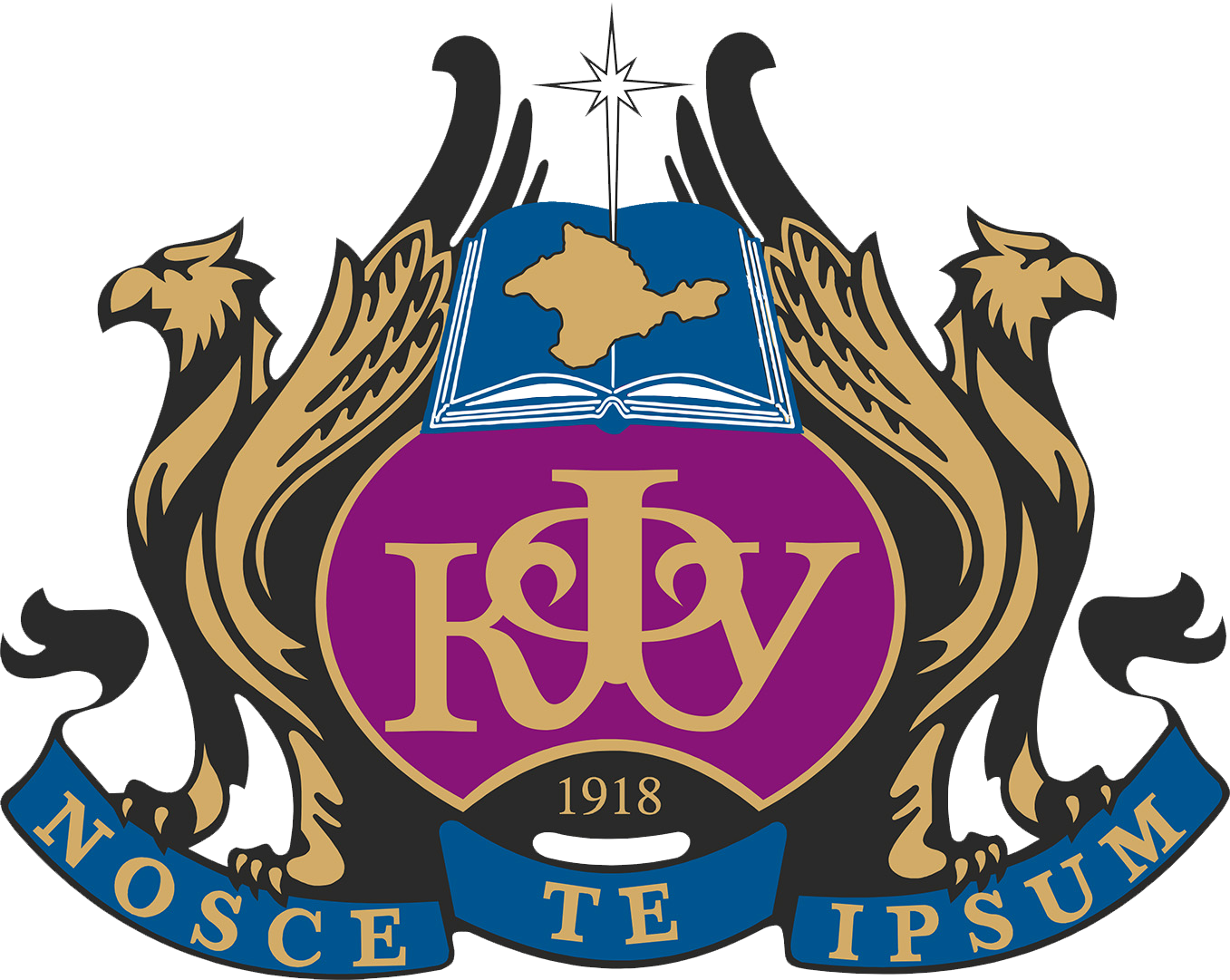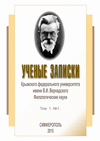Krymskiy inzhenerno-pedagogicheskiy universitet imeni Fevzi Yakubova
The article attempts to identify the main trends in the development of domestic journalism during the SVO period. Although frontline action videos remain the most popular form of factual materials about the SVO today, verbal texts continue to play a fundamentally important role in the work of war correspondents. This is due to both the specific capabilities of the word in reflecting reality and the desire of journalists to generalize information about military life. As a result, one can observe the use of artistic typification and literary cyclization techniques by war correspondents, which should be regarded as a continuation of the classical traditions of Russian literature. These trends are most clearly expressed in the books of essays about the SVO by Alexander Kots “500 Days of Defeats and Victories” and Dmitry Steishin “The Sacred Military Operation”. The comparison of facts from different eras undertaken in the article allows us to identify logically explainable patterns that govern the literary understanding of military operations. At the first stage, individual details and facts are recorded, which find expression in the genre of a documentary essay and other small forms of verbal creativity. The accumulation of facts requires generalizations, which leads, on the one hand, to the use of typification tactics, and on the other hand, to the creation of an essay cycle – a panoramic chronicle of military operations. And finally, the stage of artistic generalization begins, when multiple facts of military reality are transformed into single images – constructed by the author’s imagination, but focusing typical manifestations of reality.
SVO, military journalism, Dmitry Steshin, Alexander Kots, artistic typification, literary cyclization
1. Bukatov V. M. Klipovye izmeneniya v vospriyatii, ponimanii i myshlenii sovremennyh shkol'nikov – dosadnoe novoobrazovanie postindustrial'nogo uklada ili dolgozhdannaya reanimaciya
2. Bogoslovskiy N. V. Turgenev. – M.: Molodaya gvardiya, 1961. – 416 s.
3. Koc A. I. 500 dney porazheniy i pobed. Hronika SVO glazami voenkora. – M.: ID «Komsomol'skaya pravda», 2023. – 464 s.
4. Lebedev Yu. V. L. N. Tolstoy na puti k «Voyne i miru» (Sevastopol' i «Sevastopol'skie rasskazy») // Russkaya literatura. – 1976. – № 4. – S. 61–82.
5. Leyderman N. L., Lipoveckiy M. N. Sovremennaya russkaya literatura: 1950–1990-e gody: posobie dlya stud. vyssh. ucheb. zavedeniy: V 2 t. T. II. – M.: IC «Akademiya», 2003. – 413 s. EDN: https://elibrary.ru/QQSTZP
6. Maschenko A. P. Krym v zhizni i tvorchestve Konstantina Simonova // Uchenye zapiski Krymskogo federal'nogo universiteta im. V. I. Vernadskogo. Filologicheskie nauki. – 2023. – T. 9 (75). – № 3.
7. Orehov V. V. Russkaya literatura i nacional'nyy imidzh (Imagologicheskiy diskurs v russko-francuzskom literaturnom dialoge pervoy poloviny XIX v.) – Simferopol': Antikva, 2006. – 608 s. EDN: https://elibrary.ru/WZQBWX
8. Orehova L. A., Pervyh D. K. Ot «Soldatskogo vestnika» – k «Voennomu listku»: evolyuciya idei izdaniya v usloviyah Krymskoy voyny (1854 g.)
9. Pervyh D. K. Narrativnyy «fol'klor» kak informacionnoe oruzhie proshlogo i nastoyaschego // Uchenye zapiski Krymskogo federal'nogo universiteta im. V. I. Vernadskogo.
10. Pirogov N. I. Sevastopol'skie pis'ma i vospominaniya. – M.: AN SSSR, 1950. – 652 s.
11. Sladkov A. V. «Kurskaya oblast'…» [18 sentyabr' 2024 g.] // Sladkov+. Neoficial'nye mysli o voyne. Chastnyy kanal Aleksandra Sladkova [Elektronnyy resurs].
12. Steshin D. A. «Dorogi voyny imeyut svoy harakternyy zapah…» [26 noyabrya 2023 g.] // Dmitriy Steshin [Elektronnyy resurs].
13. Steshin D. A. Svyaschennaya voennaya operaciya: ot Mariupolya do Soledara. – M.: ID «Komsomol'skaya pravda», 2023. – 448 s.
14. Tolstoy L. N. Sobr. soch.: v 12 t. – M.: Pravda, 1987. – T. 2, 5.
15. Hodakovskiy A. S. «S nachalom polnomasshtabnoy voyny…» [1 avgusta 2024 g.] // Aleksandr Hodakovskiy [Elektronnyy resurs]. – Rezhim dostupa: https://t.me/s/aleksandr_skif?before=3275.
16. Ebin F. E. Kommentarii // Gaydar A. P. Sobr. soch.: V 4-h t. T. 4. – M.: Detskaya literatura, 1973. – S. 580–588.
17. Eyhenbaum B. M. O proze. Sbornik statey. – L.: Hudozh. lit., 1969. – 504 s.
18. Yakovlev I. P. Osnovy teorii kommunikacii: Uchebnoe posobie. – SPb.: Institut upravleniya i ekonomiki, 2001. – 230 s.
19. Yanushkevich A. S. Tri epohi literaturnoy ciklizacii Bokkachcho – Gofman – Gogol' // Vestnik Tomskogo gosudarstvennogo universiteta. – 2008. – № 2 (3). – S. 63–81.





